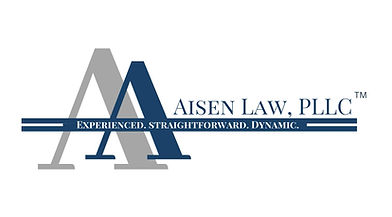What is the Consular Non-Reviewability Doctrine?
- aaronaisen
- Aug 27, 2023
- 2 min read

Simply put, the Consular Non-Reviewability Doctrine is a rule that says that federal judges cannot review or overturn a final decision to issue or a deny a visa by a U.S. consular official. This means that if you disagree with a decision by a consular officer to deny your visa or a relative's visa, you cannot challenge that decision in federal court.
There are two potential exceptions to this rule. The first is if Congress explicitly permits the courts to review a consular officer's visa decision. The second applies where a U.S. Citizen is involved and looks at two questions. The first question is, "Did the denial burden a constitutional right?" If the answer to the first question is yes, then the court must ask whether the consular official based any denial on a "facially legitimate and bona fide reason." This last exception is extremely difficult to invoke as the Supreme Court has held in a plurality opinion that a U.S. Citizen's right to due process is not violated when the U.S. Government denies someone's visa, including a spouse's. In sum, it is very difficult to challenge the denial of a visa.
Sometimes, the U.S. Government will attempt to use the Consular Non-Reviewability Doctrine as a basis for filing a motion to dismiss a Mandamus/Administrative Procedure Act lawsuits brought to force the government to make a decision about an application. This doctrine is also sometimes invoked where the case receives a 221(g) denial - more commonly known as administrative processing. The legal landscape is more friendly to petitioners and courts are more willing to deny motions to dismiss where the issue is delay and not a challenge to a final decision.
Navigating mandamus/APA lawsuits can be tricky where consular processing is an issue, but they can be won. If the U.S. Government is not acting on your immigration application, you should consult with an experienced immigration attorney who practices in federal court to help resolve the delay.
At Aisen Law, PLLC, we handle immigration cases in federal court. Please call us for a free initial consultation.




Comments